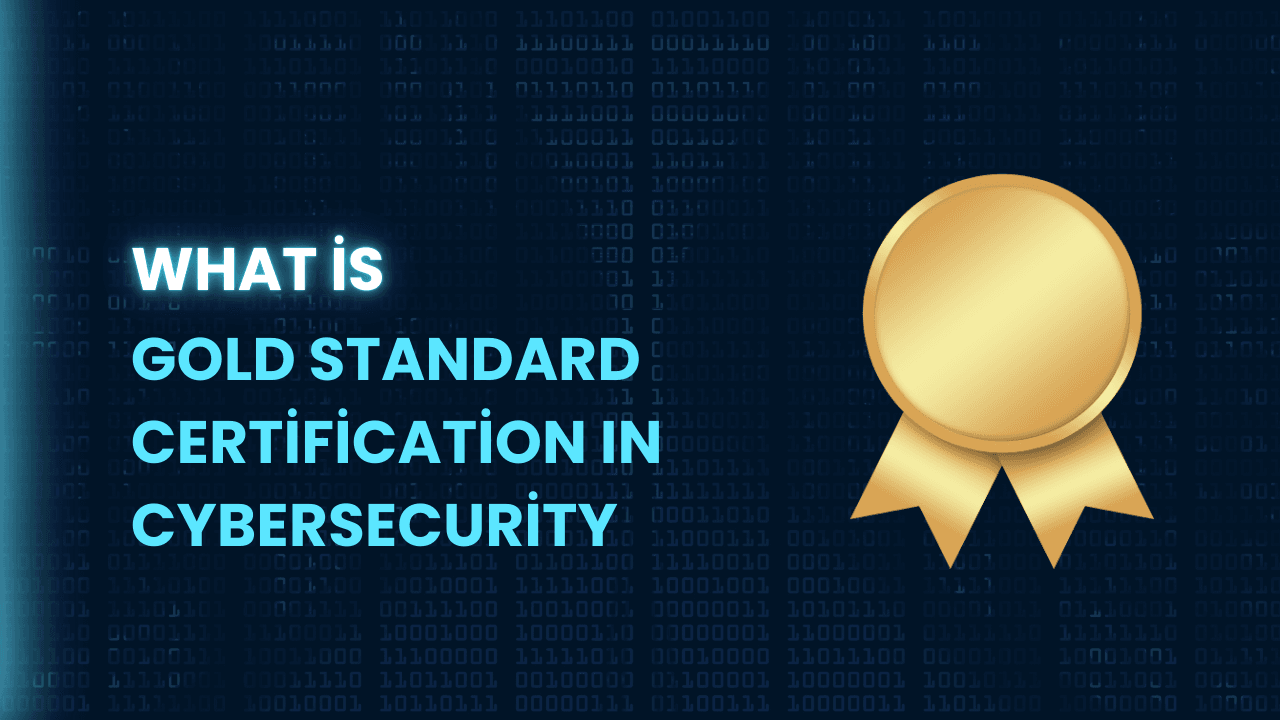
In the current digital society, cybersecurity certifications has become essential to any organization’s activities. With the growing number of cyber-related risks and threats, it is vital to have an array of employees who are multi-faceted, well-educated, and proficient in cybersecurity.
But cybersecurity has traditionally been predominantly male-dominated, with women with a low percentage of.
We examine women’s roles in cybersecurity and how they could contribute to a safer digital future for everyone.
The Current State of Women in Cybersecurity
Despite numerous efforts to encourage diversity in the cybersecurity industry, women still need to be represented.
According to a report from the Center for Cyber Safety and Education, women make up just 24 percent of the global cybersecurity workforce, and the same report discovered that women make up just 14 percent of the cybersecurity workforce in the United States.
This lack of women’s representation in cybersecurity has various negative implications.
First, it means there’s a lower source of talent, which can lead to a talent shortage within the industry. Additionally, it could cause the absence of diversity in thinking and perspectives, which is crucial in recognizing and addressing cybersecurity threats.
Additionally, it could create a culture of isolation, making it more difficult for women to get into and progress in the profession.
The Benefits of Diversity in Cybersecurity
Diversity in cybersecurity allows organizations to recognize and manage cybersecurity risks more efficaciously. Being a diverse team includes having a variety of perspectives, experiences, and information from which to draw.
This could help businesses identify missed risks and devise more efficient strategies for reducing them.
The Importance of Women in Cybersecurity
Women bring a variety of necessary talents and perspectives to cyber security. They are typically excellent communicators, essential in identifying and addressing cybersecurity threats.
Effective communication is crucial to establishing relationships, building trust, and encouraging collaboration, which are vital in tackling cybersecurity threats.
Women are also typically focused on details, which is very beneficial in cybersecurity. Security requires a keen eye because even minor oversights could result in significant security incidents.
Women’s attention to detail will ensure that security protocols are followed, that all security guidelines are adhered to, and that security vulnerabilities are discovered and fixed.
Barriers Facing Women in Cybersecurity and How to Overcome Them
Combating gender discrimination and bias, offering access to education and training, networking and mentoring opportunities, and spotlighting women who are successful in the field are essential to removing the barriers faced by women in cybersecurity.
Addressing Gender Bias and Discrimination
However, discrimination and gender bias are not new to cybersecurity. Women are often overlooked and undervalued despite their expertise and experience, which results in unequal selection practices and fewer job progression opportunities.
But there are solutions to tackle this problem. Gender bias must be addressed to achieve equality and boost organizations’ performance.
When everyone feels valued and appreciated for their contribution to cybersecurity and roles, it creates an environment that is supportive of everyone and involved in their tasks.
Highlighting Successful Women in the Industry
Women are making progress in cybersecurity, and it’s essential to recognize their achievements.
Women who have made it in this field can encourage others to explore careers in information security. For instance, Parisa Tabriz leads Chrome Security at Google, and Katie Moussouris is a pioneer in Bug Bounty programs.
By showcasing a more excellent representation of women in cybersecurity, we can eliminate gender stereotypes and build a more diverse and inclusive workforce.
This also demonstrates that technical knowledge isn’t limited by gender but depends on the individual’s enthusiasm, dedication, and perseverance.
This will eventually benefit by bridging the gender gap and offering new perspectives on the threats that cybercriminals pose.







